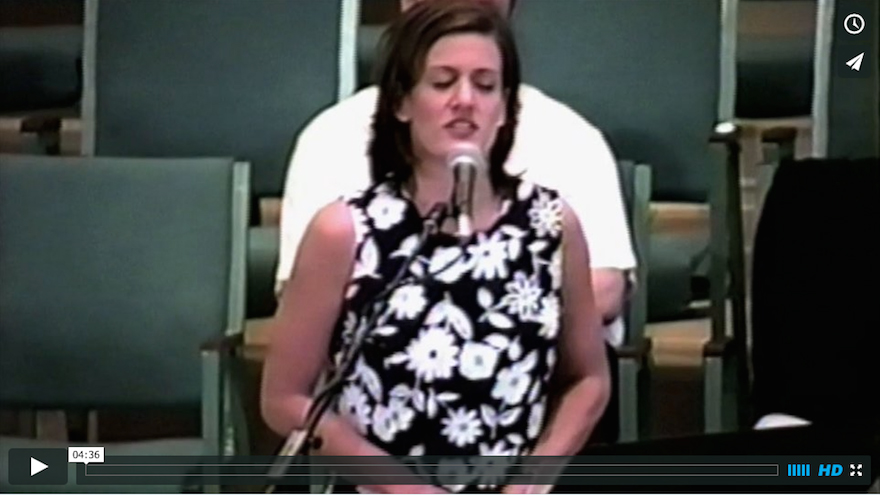I never liked to eat corn until one year at Thanksgiving, I tried my grandmother’s cream-style corn. Wow! One bite and I was hooked. In fact, I probably ate three helpings that day.
The next time my mother made corn at home, I put an extra large helping on my plate. After one bite, I realized something. Mom’s corn was different from my grandmother’s. It wasn’t bad, it was just different.
A few months later, while visiting my grandparents, I asked my grandmother what was different about her corn. She smiled and said, “I only use G-90.” I had no idea what she meant.
She explained that there are many varieties of corn. G-90 is a very sweet style of corn. That (and the extra cup of sugar she added) was the secret to her cream-style-corn (more affectionately known in my family as ‘MawMaw corn.”
The next summer, on break from school, I got the wild idea to plant corn in a friend’s back yard (with permission). Of course, I went to the store in search of G-90 seeds. After visiting several stores, I found them. I was one step closer to producing “MawMaw corn.”
I didn’t grow up farming or gardening, so I consulted a few friends and got to work.
Without access to a tiller, I dug up a small plot of ground with a shovel and hoe. Soon, I was ready to plant the seeds.
Following directions from my more knowledgeable friends, I carefully planted the seeds and covered them with soil. Over the next few weeks and months, I made sure my small garden received enough water. Every day, I watched for progress.
One day, as I visited my garden, I was excited to see a small green plant emerging from the soil. It was working –my corn was growing!
Over the next few days, more plants began to emerge, until one day; the garden was full of green.
It wasn’t long before the plants began to bear small ears of corn. Every day it became harder and harder to wait for the corn to be ready to “harvest.”
On one occasion as I was tending my garden, I noticed several ears of corn that were being eaten by ants. I had no idea what to do.
While staring at the ant-ridden ear of corn, a voice came from across the fence. It was a member of my church who lived next door. He told me a simple solution: cover the growing ears of corn with plastic newspaper bags. He said it would keep the ants and other pests out until the ears were ready to pick.
It turned out that his advice was right! When it came time to pick the corn, the newspaper bags had done their job!
In the end, my small patch didn’t produce a whole lot. Yet, I did enjoy a few helpings of “MawMaw corn” before it was all said and done.
Reaping Requires Sowing
I learned two major lessons from my corn adventure that summer. First, In order to reap a harvest, you must sow seed. In fact, Paul states in II Corinthians 96, “whoever sows sparingly will also reap sparingly, and whoever sows bountifully will also reap bountifully.”
My MawMaw passed away two years ago, but her corn is being passed on. I’m so thankful that faithful laborers in the history of the BMA have planted seeds throughout their life. The fruit of their ministry lives on today in the lives our churches.
Growth Is Determined By God
The second lesson I learned from my corn patch is that you never know which seed will grow. Not every seed I planted grew into a corn stalk. And not every stalk grew the same amount. Some were large, some were small. Some produced more ears of corn than others.
“He who supplies seed to the sower and bread for food will supply and multiply your seed for sowing and increase the harvest of your righteousness” (II Corinthians 9:10).
The truth is, you never know which seed will grow in which person. Many pastors, missionaries, and leaders (myself included) were the “class clown” or “distracted child” growing up. Teachers have no idea how God will use their ministry to affect the future of the kingdom. Like a gardener, teachers plant seeds in faith –even when the conditions seem less than desirable.
Every disciple-maker has the opportunity to be the “neighbor across the fence” who is there to provide an encourage word or insight just when you need it.
You never know what one Sunday school lesson, one late-night talk at camp, or one session at a conference can mean in someone’s life. Only God knows.
Paul said, “I planted, Apollos watered, but God gave the growth” (I Corinthians 3:6).









